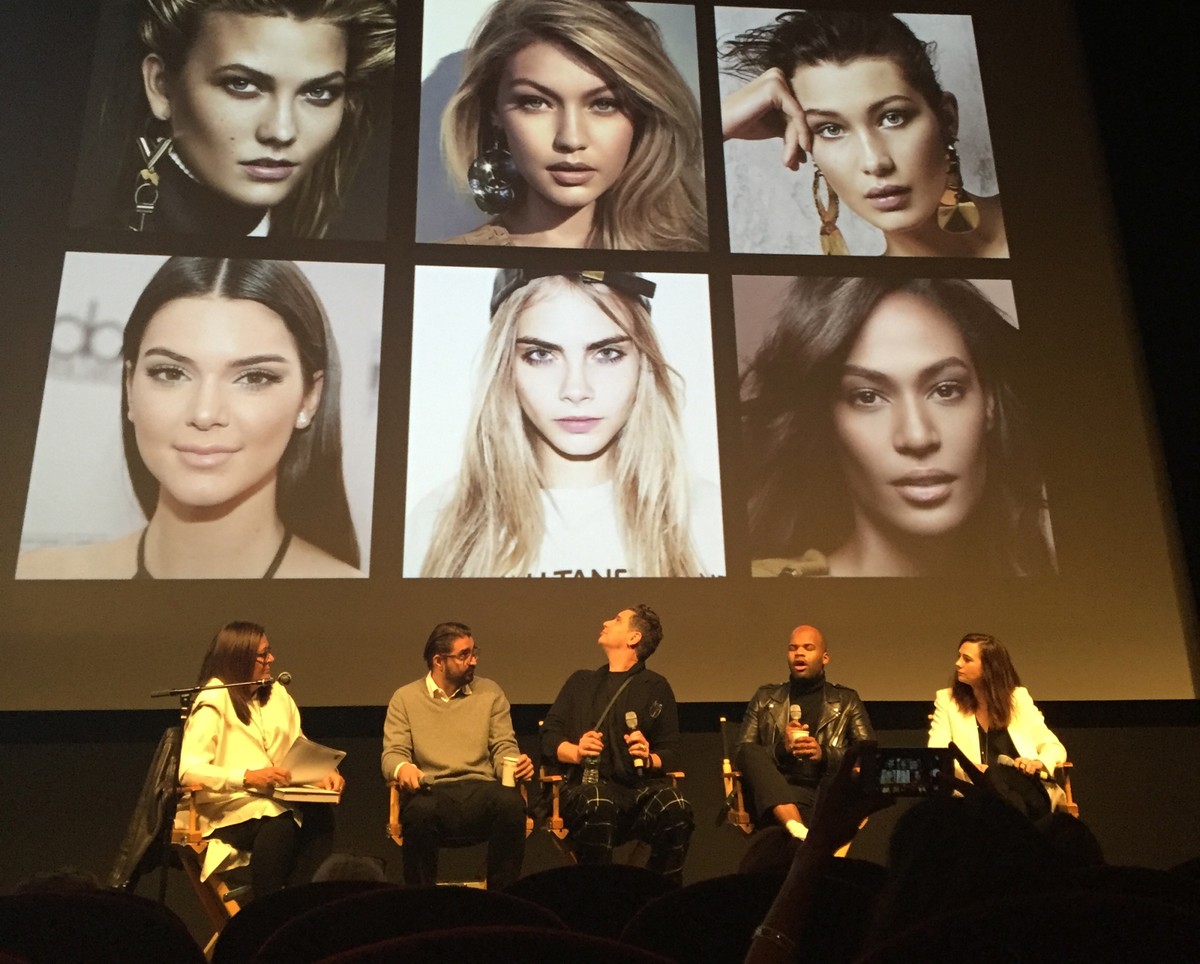
“As things become more and more accesible via social media, it puts a strain on luxury retailers,” explains Fern Mallis, former Exec Director of the CFDA, now President of her own fashion consultancy, and one of the strongest voices in the industry. “So how do you stay cool?”
From luxury retailers to emerging etailers to the youngest entrepreneurs of Gen Z, the discussions at Fashion Digital NY were raw, insightful and loudly contrastive. It was clear that the most anticipated question continues to be: what exactly is the future of retail? Which led us to our own considerations on the importance brands should place on digital and social integration to stay relevant and ‘cool’ in this ever-evolving market.
“They [luxury consumers] don’t want what everyone else has. The true luxury consumer is smart. She wants to learn."
Cameron Silver, Fashion Director of H by Halston and H Halston brands
Luxury fashion is typically reluctant to adapt, so it is no surprise that seasoned experts are amazed, yet unenthusiastic about the increasing popularity of Instagram-fame and bloggers as a vocal part of an industry that was once exclusive to a very elite group. What used to be a privilege for the wealthy, is now becoming more accessible to a wider audience, with the help of social media.
“They [luxury consumers] don’t want what everyone else has,” fired Cameron Silver, Fashion Director of H by Halston and H Halston brands. “The true luxury consumer is smart. She wants to learn,” he stated. On the contrary, high-fashion creative directors like Olivier Rousteing are changing the game to integrate luxury labels with fast-fashion retail giants like H&M and Zara. A prime example is the Balmain x H&M collabo set to go on sale on November 5th. With his huge following on social media, and known for his close ties to ‘It’ girls and Instagram stars Kendall Jenner and Gigi Hadid, Olivier Rousteing is completely changing the lux market by extending Balmain’s pool of consumers. Remaining as one of the most influential trendsetters in the industry, Balmain is embracing the tired concept of democratizing the luxury market, and still staying ‘cool’ to the brand’s loyal customers.
Hours later, when Gen Z’s youngest entrepreneurs took the stage, they were quick to boast their opinions on the future of fashion, and how brands have no choice but to adapt. The next generation to empower the retail space after Millennials is Generation Z, who is inclusive of those born in the mid-90s to the early ’00s. This group is already forecasted to have the highest impact on retail – far exceeding any other generation. In fact, experts say that in just 5 years, Gen Z will already account for 40% of all consumers, in addition to the already influential Millennial generation.
Social is key in driving retail traffic, with its increase in
e-commerce referrals to 200% between
the first quarters of 2014 and 2015.
“It’s funny… before, going to the mall to hang out was a thing, and I’m like, how was that ever a thing?” said panelist, Ocean Pleasant (age 18, founder of Real Teen Magazine). She goes on to say that brands will have to try twice as hard to engage them through multiple social media platforms, all while putting minimal emphasis on the actual products themselves.
Furthermore, all of the panelists agreed that physical retail shops are no longer relevantas their online counterparts should be the new storefront to their brand. Instead, these tangible stores should concentrate on providing a memorable experience for consumers to engage with the brand, rather than pushing sales and promotions.“People don’t buy stuff in actual stores anymore. Stores are meant to just expose people to the brand,” said Stacey Ferreira (age 23, author of “$2 Billion Under 20”).
A recent study from BI Intelligence proves that social is key in driving retail traffic, with its increase in e-commerce referrals to 200% between the first quarters of 2014 and 2015. Though social media might only drive a small share of total online retail sales and referral traffic, its impact is impossible to ignore, as it is rising at a faster pace than any other online vertical. From native content to Facebook likes and branded tweets,emerging brands are increasingly amplifying their digital game to make sure they stay relevant in such a cluttered space.
It is evident that Gen Z doesn’t have enough disposable income to really drive any revenue right now; however, they are still poised to be the most dominant youth influencers and curators of tomorrow. To stay ahead of the game, luxury brands need to listen to them closely, gain their trust, and constantly evolve and challenge their digital strategies to stay relevant and continue to stay ‘cool’.
Originally published here: http://blog.stylight.com/fashion-digital-ny/
Written & Posted by: Pujah Shah
